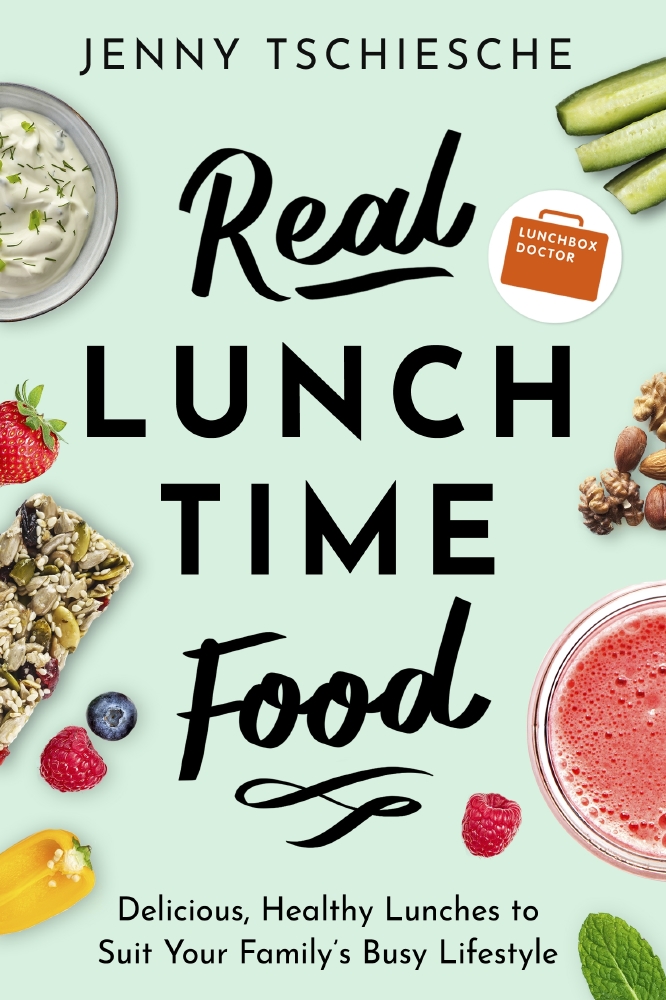-

Real Lunch Time Food
Oily Fish and/or Seed oils
Omega 3 fats are known as essential fats. That means they’re vital to our health. Not only do they help the brain function better, they’re also used to build the brain and protect it from degeneration. Their role is not limited to just brain health either, these vital fats are also linked to better hormone balance, smoother skin, hair and nail growth. What’s more, the human body doesn’t make these fats, so they do need to be consumed. Try to include cold-water oily fish such as salmon, mackerel, sardines, trout and herring, cold-pressed, unrefined seed oils on salads, or added to smoothies, or 1 tbsp ground chia, flax, hemp, pumpkin or sesame seeds as a salad topping or yogurt topping in your lunch daily.
Yogurt, or Kefir
Whilst protein-rich yogurt and kefir can help to prevent blood-sugar levels from plummeting soon after lunch, probiotic bacteria and yeasts from these two foods can help you digest lactose and improve the absorption of nutrients from the other foods in your lunch. Kefir contains lactic acid bacteria (LAB) and lactose-fermenting yeast, whilst yogurt contains a range of lactobacillus bacteria. These all contribute to better gut health and improved nutrient absorption. Try and include yogurt or kefir either as a savoury dip or sandwich filling mixer, in a smoothie or mixed with seasonal fruit with a drizzle of raw honey over.
Rocket or Baby Kale
In addition to providing a range of vitamins (such as vitamins A, C, and K and folate) and minerals (such as iron and calcium) these dark green leafy vegetables are also a great source of fibre. Studies suggest that the nutrients found in dark green leafy vegetables may prevent certain types of cancers whilst also promoting heart health. Both rocket and baby kale can be used in a salad, stirred into cooked pasta or rice, added to a soup or used in green smoothies as part of a nutrient-dense lunch.
Broccoli or Cauliflower
Both broccoli and cauliflower contain glucosinolates. These are compounds that are found only in cruciferous vegetables and have been implicated in lowering chance of cancer. The Linus Pauling Institute recommends eating at least five weekly servings of cruciferous vegetables, including broccoli and cauliflower, to reap their cancer-fighting benefits. They also both contain vitamin C that can help to boost the immune system and vitamin K which is important for bone health.
Seasonal, Local Fruit
Not only are seasonal fruits better tasting they also reflect the natural, seasonal needs of the human body. Apples are available to eat in Autumn and they are the perfect transition food between summer and winter, providing fibre to help curb your appetite and pectin which is a great detoxifier. In the summer we can stay hydrated by eating more cucumber, watermelon, berries etc. Furthermore, summer stone fruits provide us with additional beta-carotenes that can help protect the skin against sun damage. Finally, we are brought up expecting something sweet after a meal and seasonal fruit will serve the purpose a lot better than a sugary treat.
Known as the Lunchbox Doctor, Jenny Tschiesche is passionate about educating families, schools, those in the workplace and elite sportspeople to eat healthy and nutritious meals to fuel their bodies. She aims to simplify the science behind good eating habits and through workshops and group sessions she educates using simple explanations and providing easy recommendations to promote healthy, economical and nutritious meals.
www.lunchboxdoctor.com

